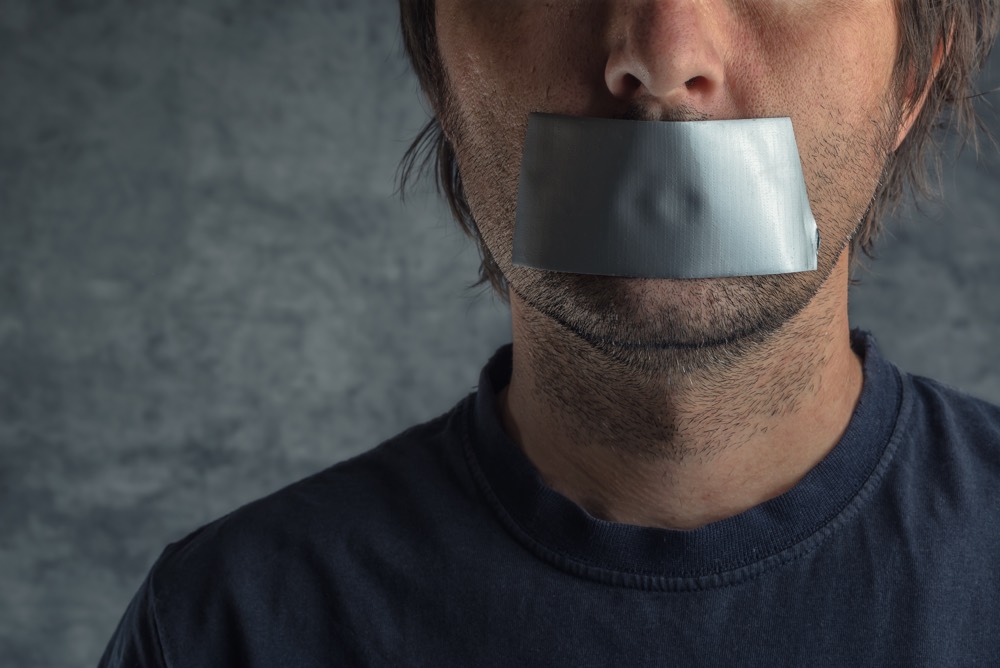I love my country. I’m proud of it a lot of the time. But when it comes to some of this country’s legislation I feel ashamed.
Irish law when it comes to “freedom of speech” is a bit of a joke.
(Disclaimer: I am not a lawyer nor am I a qualified solicitor or barrister, so this is purely my personal opinion)
As a hosting provider we host a LOT of websites. The bulk of our clients are small businesses and individuals whose websites rarely draw the ire of people’s legal counsel, but from time to time we get “nastygrams” about our clients.
Some of the “nastygrams” are in relation to various forms of alleged abuse. Some of it is down to compromised websites or badly configured or abandoned installs of forums. Other times we get pulled in to issues around trademark and copyright. (Hint – if you want to sell a product inspired by a blockbuster you’ll probably need to get a license from the studio or license holder)
But an annoying portion of it is linked to freedom of speech and expression, or the distinct lack of it under Irish law.
We haven’t had any very high profile cases involving super rich Irish businessmen, but we’ve had quite a few cases where our client is silenced by Irish law.
Is Ireland against freedom of speech? The Irish constitution does protect it, but the protection is not “absolute”. And we have defamation laws on the Irish statute books, which is where the issue lies. (See the full text of the legislation here)
The way that the tort of defamation has been encapsulated into Irish law you end up with the crazy situation we currently have where pretty much anyone can claim “defamation” in order to silence any form of criticism.
The key words in the 2009 legislation are:
The tort of defamation is actionable without proof of special damage.
So I can accuse you of defamation without having to show any proof of “harm”. Sorry, but that’s nuts.
If you read through the rest of the legislation and then look at any articles covering the law “in action” you’ll realise fairly quickly that compared to the US the “barrier” to a claim is very very low. And if you are accused the onus is on you to show that whatever you wrote (or said) is true.
So where does that leave satire? Essentially there’s no special protection for it at all. Just ask around.
So why do I care?
As a hosting provider we shouldn’t be involved in disputes between two 3rd parties. However what tends to happen a lot of the time is that the lawyers take the fast and easy route and bring their complaints to us. Not only do they present the complaint to us, but also accuse us of being involved directly in the defamation.
So what are we meant to do?
If we defend our client’s “right” the legal fees will mount up quickly.
If we take our client’s website or other content offline then we are not only potentially in breach of our contract with our client, but we’re also emboldening more people to use a claim of “defamation” as a way to silence any critique.
Generally speaking if we do get contacted by legal representatives who have issues with our clients we direct them to our client. It becomes more complicated, however, when a client is obfuscating their contact details in public whois, as we cannot simply handover their details. If someone has opted to use “whois privacy”, either provided by us or a 3rd party, they are exercising their right to privacy. We should not be obliged to breach that privacy without a court order or similar.
So now you have an interesting conflict between the client’s right to privacy and an allegation of wrongdoing.
Bear in mind we aren’t talking about court orders or anything that would actually be binding on anyone.
But because of the crazy way the system is setup it’s in our client’s best interest that they remove the content from the public internet as quickly as possible.
Why?
Because the way Irish defamation law is setup it’s very hard for anyone to defend themselves cost effectively.
And if we get pulled into it, even by mistake, our legal bills will get very high very quickly. Sure, if the client says they’ll cover our legal costs, then that’s fine, but 9 times out of 10 they’ll opt to remove the content.
So you have the crazy situation that if your pockets are deep enough you can silence your critics by simply lawyering them off the internet!


Leave a Reply